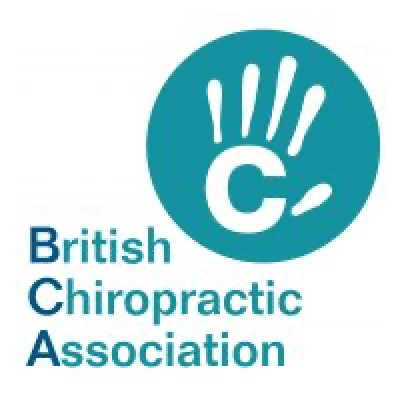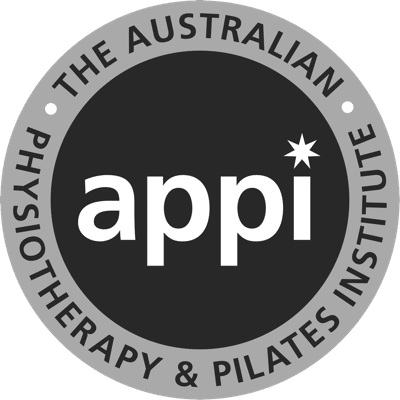Caesarean Section Recovery
33% of women give birth via Caesarean section. Although it is major abdominal surgery, the incision cuts through 7 layers including muscle. Then women go home after a couple of days and need to recover whilst caring for a newborn! This is not always that easy, and for some women the recovery is harder than they had anticipated.
Early Days recovery:
It is so important to allow yourself to recover from the pregnancy, birth and the surgery. For a planned Caesarean, you may have had time to set up support for when you come home, but many have an unplanned caesarean and help is not always available. It can be useful to have some tips to help you through those first days and weeks.
Pain control:
Take regular pain relief as prescribed, especially in the first couple of weeks when the wound can be painful or uncomfortable.
Get moving:
Gentle movements, even within the first 24hours, such as getting up and out of bed is important for blood circulation and healing. If you are taking pain relief this will be easier. Be gentle and only do what you feel comfortable with, gradually increasing the amount of movement and walking you do each day.
Bed transfers:
To get out of bed, roll onto your side and push yourself up with your arms. To get into bed do the same in reverse, lowering yourself down onto your side using your arms and the roll onto your back with your knees bent.
Rest:
Rest is vital for recovery so delegate chores and whenever you are able to, rest. This is difficult to do when you have a new-born, and especially hard if you also have a toddler or two, so ask for help and allow your body a chance to recover.
Wound care:
Keep the wound as clean and dry as possible. If you notice that it is oozing or that it is extremely painful and you are feeling unwell, seek medical help as soon as possible.
Breathing:
Take regular deep breaths, breathing into your tummy to allow your diaphragm to move and keep your lungs clear.
Hydration:
Keep hydrated and eat well. Your body need nutrients and water to heal. This will help you avoid constipation, although some of the pain medication can cause constipation – so you may need to take a laxative or alter your diet to help while taking it.
You may find it helpful to raise your feet on a footstool and breath out while opening your bowels.
Longer term recovery:
Many women recover well following a caesarean section, but some may suffer with various symptoms that can include scar pain, scar numbness or altered sensation, pulling or tightness in and around the scar. They can also suffer with urinary problems, constipation, back or pelvic pain and pain during intercourse. Many women do not think that caesarean section deliveries can cause such issues, so therefore do not realise they can be helped.
It is so important to get help with scar tissue if you have symptoms months or even years later. Scar tissue is made up of collagen fibres which are fibrous connective tissues that repair the damaged fibres in the body. However, scar tissue can lead to adhesions, altered posture, restricted circulation and dysfunction. Many women also complain of a scar ‘shelf’ that persists.
Scar tissue can be successfully treated with specialist physiotherapy. Breaking down the scar tissue with massage creates mobility in and around a scar. This prevents or breaks down adhesions and can help promote collagen synthesis, healing and recovery.
A specialist physiotherapist will look at the scar and fascial mobility, pain and how to reduce it, as well as muscle function. Scar massage can be taught to new mums to practice on themselves, but for many, touching or even looking at the scar is too difficult. A physiotherapist can help with this. Dealing with the emotional side of birth is just as important as the physical recovery.
Your abdominal muscles will also be weak and you may need abdominal muscle strengthening and pelvic floor rehabilitation. I know you may think you have escaped the need for this as you did not have a vaginal delivery, but you have still had a pregnancy which will have affected the pelvic floor. You need to recover not just from birth, but from pregnancy too!
Recovering from birth is not always easy. If you are affected by any of these issues, please contact us and book yourself in for a Mummy MOT. We are here to help.
Read our next article by Physiotherapist Angela on ‘Balance’.


























